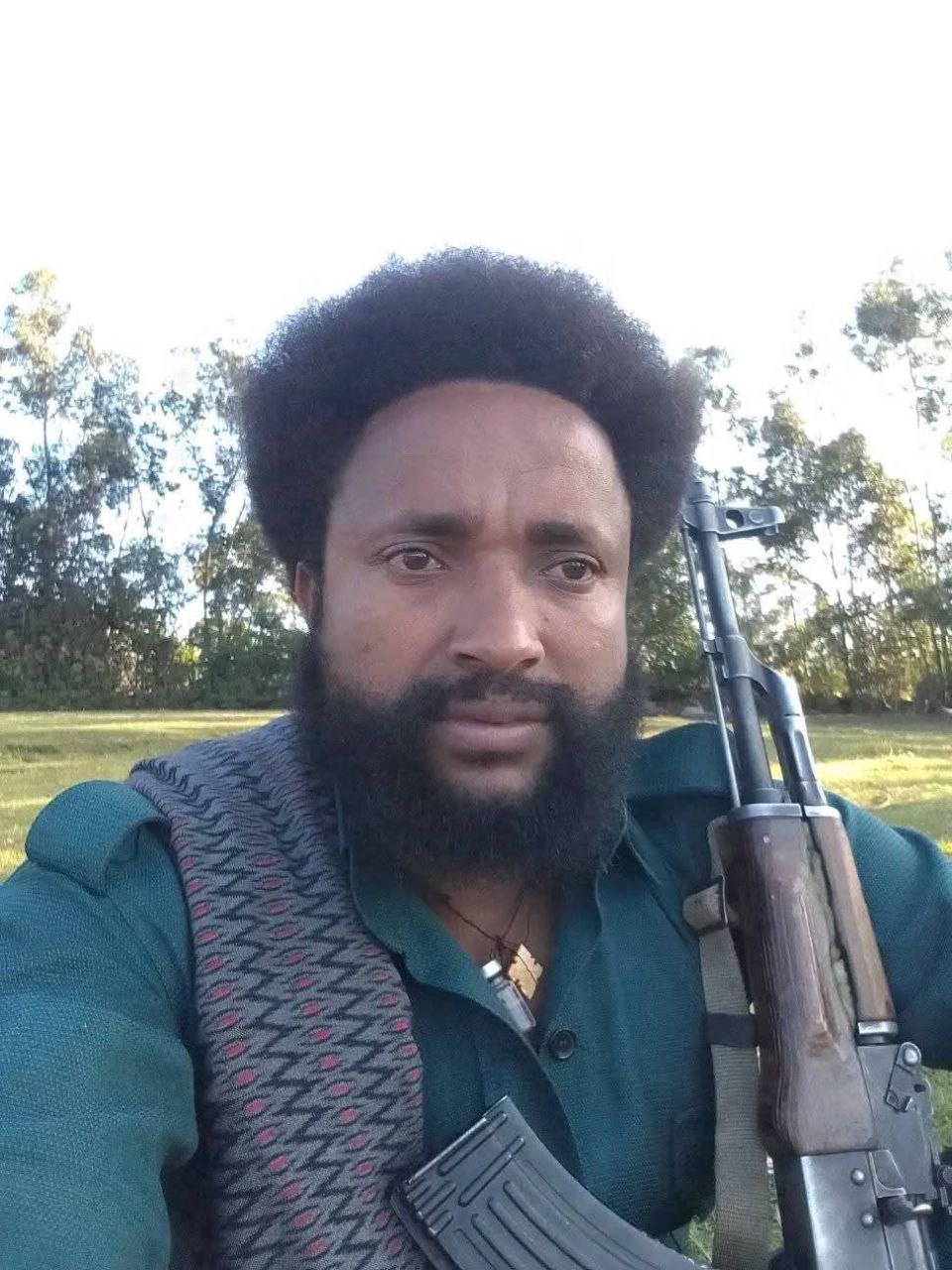A Looming Geopolitical Disaster in the Horn of Africa: Ethiopia’s growing fragility and instability
Girma Berhanu (Professor)
Having won the Cold War globally, the US-led West midwifed the birth of a new post-Dergue Political Order in Ethiopia in 1991.
The new political order was dominated by the Tigre People’s Liberation Front (TPLF) -led so-called Ethiopian People’s Revolutionary Democratic Front (EPRDF), an amalgam of ethnic fronts cobbled together from captured soldiers of the overthrown Army of the Dergue government and a small splinter leftist organization, remnant of the EPRP. The TPLF has always been and remains a secessionist ethnic Tigrayan rebel army ever since its foundation by left-wing students in the 1970s.
The US and the West portrayed the new post-Dergue Political Order as a panacea to Ethiopia’s persistent economic and governance problems. In a similar vein, the proponents of the New Political Order, Meles Zenawi and Issyas Afeworki, comrades-in-arms who succeeded in ousting the Derg and seceding Eritrea, were praised as the new crop of “Visionary Leaders” post-Cold War Africa was witnessing. TPLF ruled the entirety of Ethiopia for nearly three decades without ever dropping the “liberation” agenda as indicated in its acronym!
The new post-Dergue Political Order was unique in many ways. It was a strange system not only by Ethiopian but even by African standards. For example, contrary to the trend in the rest of Africa where political mobilization based on race, religion, ethnicity, or such primary identities were frowned upon, if not constitutionally proscribed, in Ethiopia, these very divisive attributes were turned around and made foundational blocks of the newly constitution yielding the ethnic “federal system”.
The results of this experiment are there for all to see – three decades down!
Ethiopia witnessed a senseless brutal war with Eritrea in 1997 in which over 100,000 young recruits perished in a brief WW-I style brutal trench warfare. No one, including the West, insisted on holding the TPLF/EPRDF leaders accountable for the loss of lives and eviction of thousands of people and untold human suffering, not to speak of development forgone. With the world uninterested to ask any questions of accountability about the callous irresponsible behavior of the TPLF, and the brutal suppression of the Ethiopian population, the TPLF-led EPRDF regime continued ruling with an iron fist as if nothing happened. As we see below, this behavior of TPLF was encouraged and would recur.
Eventually, in a wave of popular unrest, the TPLF/EPRDF was dislodged from power in 2018. Recalcitrant TPLF retreated to Tigray and launched a series of attacks on the central government which led to the death of over a million young people, war crimes and atrocities, and the displacement of hundreds of thousands of people. TPLF lost the war, at last, and was soundly defeated.
Yet the TPLF was rescued from political and military oblivion, thanks to the US-West instigated [AU-brokered] Pretoria Agreements of 2023, remaining a military threat in the region.
TPLF’s core agenda has still not changed. The current constitution which singles out ethnicity as the sine qua non for political organization in the country remains a breeding ground for divisions, endless claims, and counterclaims for federal statehood, border claims, and armed conflagrations thereof. Most recently, there have been armed conflicts between not only Tigray and Amhara, Tigray and Afar but also between Afar and Oromia, Oromia and Amhara, Oromia and Somalia, Oromia and Gambella, etc… There have also been unrests in the SNPPR region, particularly in Gurage, Sidama, etc… the cascade of ethnic conflict seems to have no end. There is generalized distrust between and among ethnic groups, which the current government, out of short-sighted power calculus, intentionally stokes.
Ethiopia is becoming increasingly fragile and unstable. A cumulative of political, social, cohesion, and economic indicators from, for example, the Fund for Peace, ranked Ethiopia as the 26th most fragile state in the world in 2006, and 11th in 2021. Other reputable academic and research publications point in the same direction i.e., overall deterioration. If this trend continues, that Ethiopia could fail might not be as far-fetched as it first seems.
The current post-Pretoria peace is fragile. One should not delude oneself. The current peace is anything but political expediency and dangerous machinations of a regime adept at constantly shifting unprincipled alliances.
This interim could be the harbinger of a dangerous convulsion.
As Ethiopia fails so does the Greater Horn/North-East Africa. The contagion will spread all over, eventually affecting maritime trade across the Red Sea Lane and the Bab el Mandab; spilling over and deepening conflict among Ethiopia, Sudan, and Egypt over the waters of the Nile not to speak of the instability the flow of refugees and displaced persons across borders engenders all over the region. Such deterioration coupled with unpredictable developments in the Middle East and the gathering storm of conflict between the US/West and China/Russia might turn the region into one of two or three hottest theatres where the most intense geo-political conflicts of the 21st century will play out.
Given the foregoing, would it not be wise for the US/West, to support the emergence and consolidation of a more inclusive – hence more stable – political order in Ethiopia? Does not US/Western experience in Afghanistan, Iraq, Libya and Somalia intimate the desirability for prudence? For nearly four decades the US has been singling out and investing in the TPLF to the dismay of all other political forces, and the Ethiopian people in general. The Pretoria Agreement has resuscitated the TPLF, without ever holding it accountable for its crimes, making it once again a legitimate political actor and broker able to partner with the regime in power and commit another round of inter-ethnic atrocities.
These developments, contrary to appearances, are laying the foundation for Ethiopia’s instability and perhaps failure as a state – along with the permanent harm of US strategic interest in the Horn and North-East Africa.
It seems that fate has coupled the two countries together such that the US and Ethiopia are bound to swim together, and failing that, sink together in the troubled waters of the Horn of Africa!
Girma Berhanu (Professor)
Sweden


























[…] the respective regions, University of Gothenburg professor in Education Girma Brhanu in an article writes: “The new post-Derg political order was unique in many ways. It was a strange system not only by […]